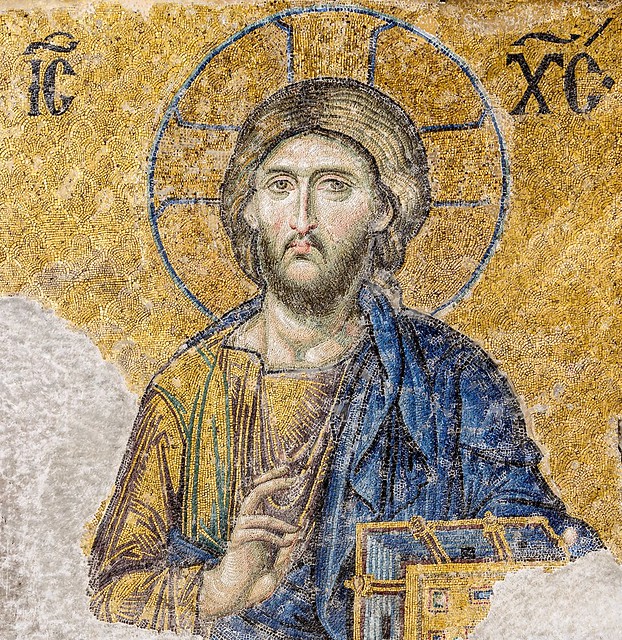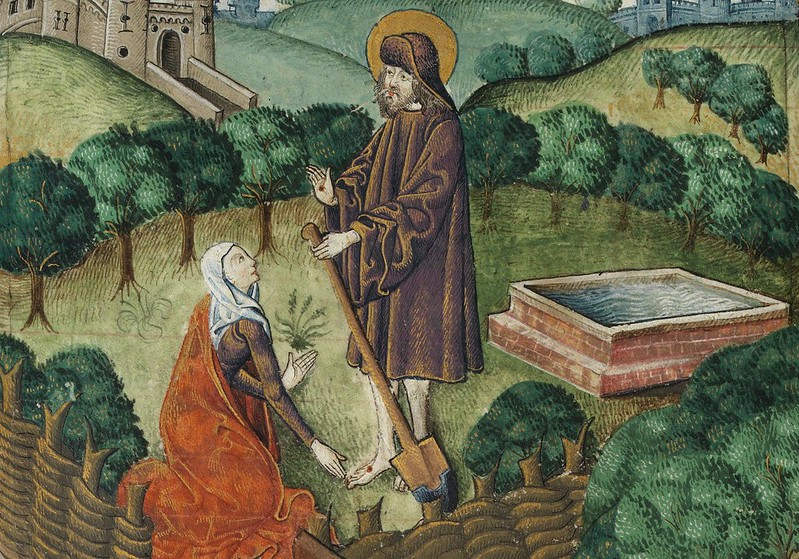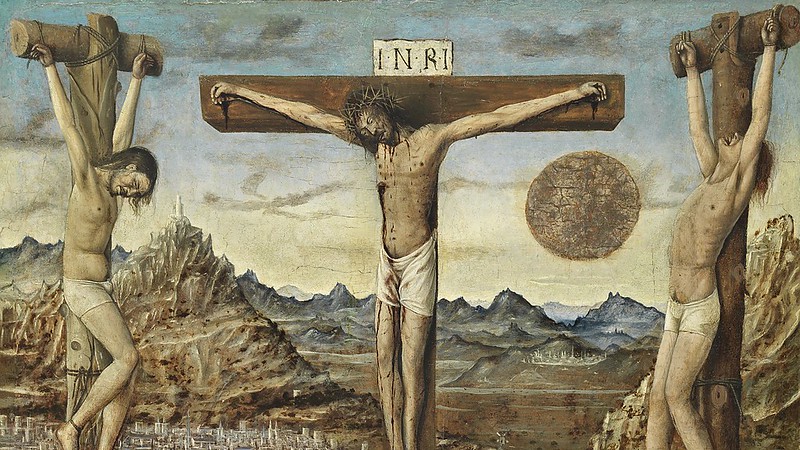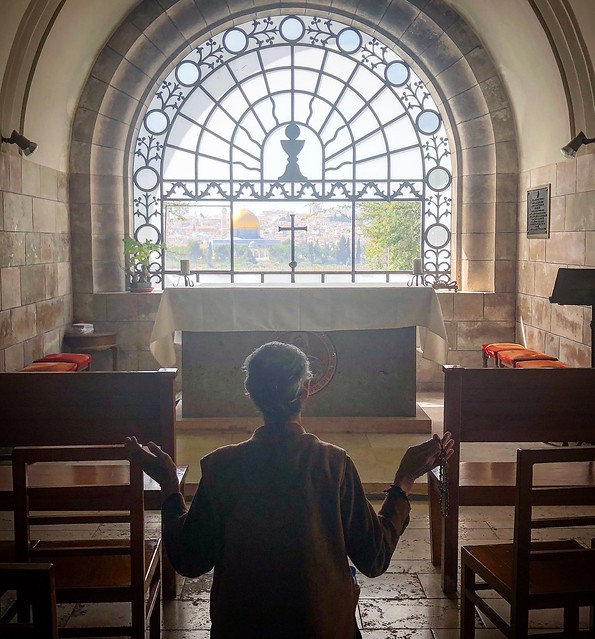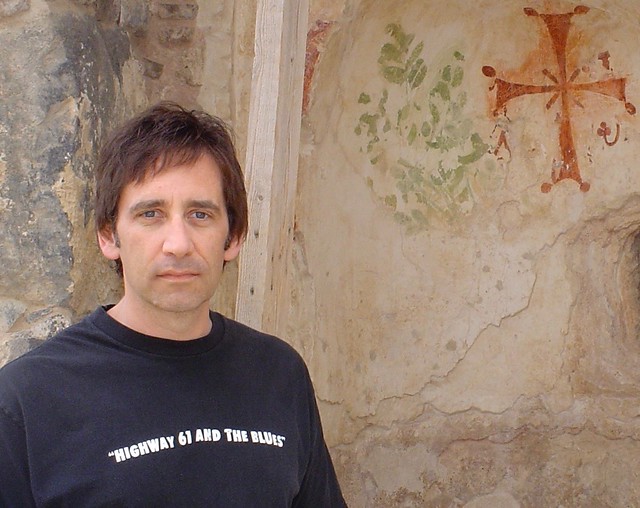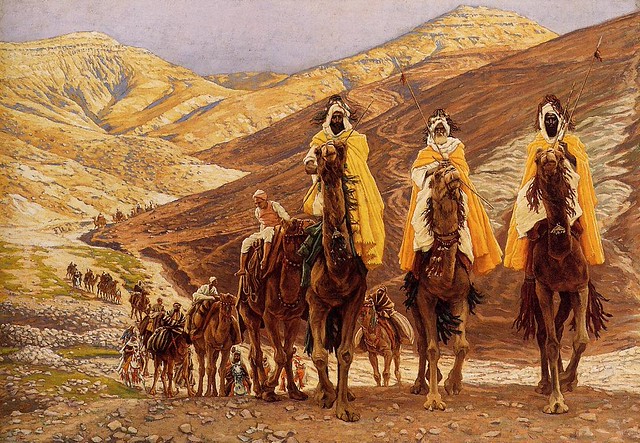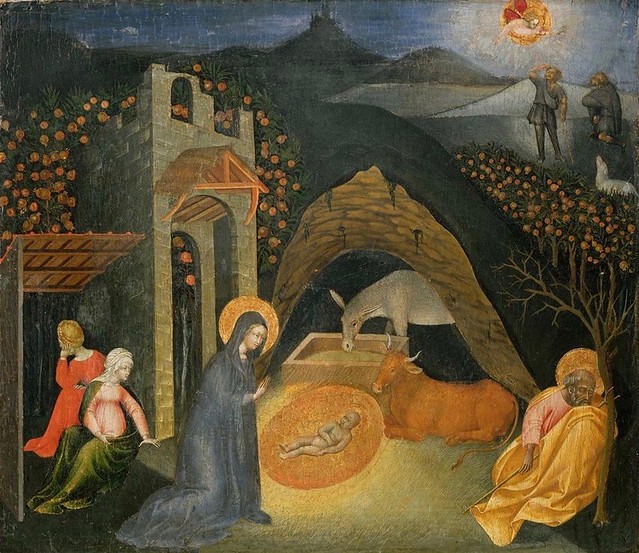Hiroshima: The Anti-Transfiguration
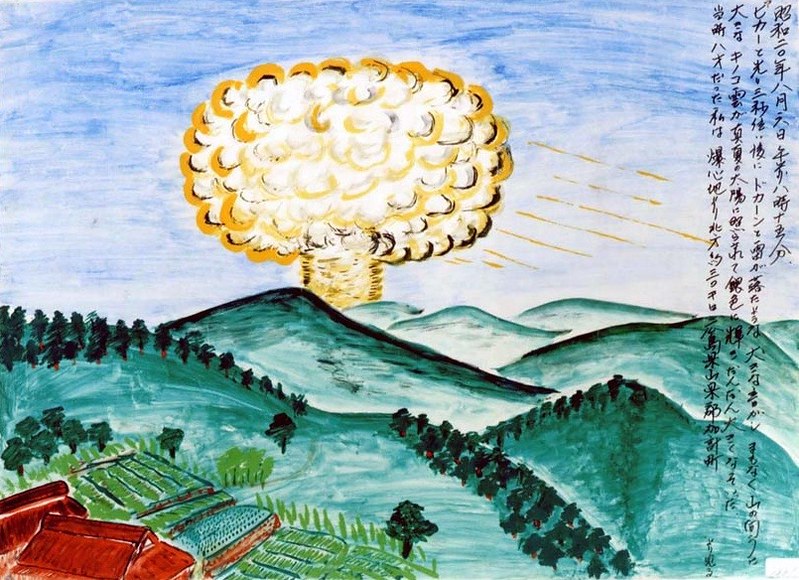
Hiroshima: The Anti-Transfiguration
Brian Zahnd
“And Jesus was transfigured before them, and his face shone like the sun, and his clothes became whiter than light.” –Matthew 17:2
73 years ago today an atomic bomb was dropped on Hiroshima, Japan. Those who experienced it and lived to tell about it, all described it in similar fashion: It began with a flash brighter than the sun. It was August 6, 1945. It was also the Feast of the Transfiguration.
The atomic bombing of Hiroshima was the world’s first use of a weapon of mass destruction. In the seaport city of 250,000 people, 100,000 were either killed instantly or doomed to die within a few hours. Another 100,000 were injured. Of this city’s 150 doctors, 65 were killed and most of the surviving doctors were injured. Of the 1,780 nurses, 1,654 were either dead or too badly injured to work. Hiroshima had become the house of the dead and dying. It was Transfiguration Day.
When Jesus was transfigured on Mount Tabor his face shone like the sun, and when he came down the mountain a little boy was healed — a boy who had been thrown into fire and water by a demon.
When “Little Boy” (the name given the bomb) shone like the sun over Hiroshima, a demon was let loose and thousands of little boys and girls were burned in atomic fire and poisoned by radioactive rain. The bombing of Hiroshima is the anti-Transfiguration.
The Transfiguration was a turning point in Jesus’ ministry. Hiroshima was a turning point in human history.
Read more
